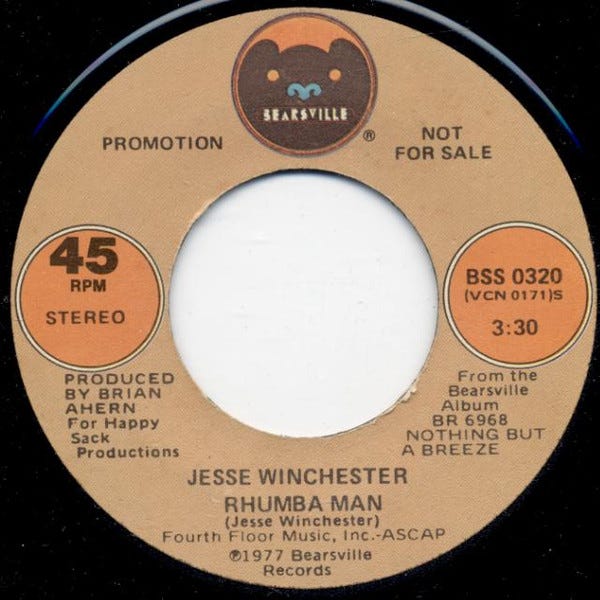Amazon Decides Not To Roomba
The EU and FTC discouraged Amazon's merger with iRobot, maker of the popular robot vacuum. They had good reason.
I can’t look at the word “Roomba” without thinking of Jesse Winchester’s infectious song “Rhumba Man.”
I do not own a Roomba. I hear they work pretty well. They’ve been losing global market share, though, and although they continue to dominate the market they no longer constitute a majority of robot vacuum sales worldwide. Roombas are manufactured in Bedford, Mass., by a company, iRobot, founded in 1990 by some AI researchers at MIT. Much of Roomba’s competition is from China.
Amazon announced two years ago that it would acquire iRobot, in what would have been Amazon’s fourth-largest acquisition ever ($1.7 billion, later negotiated down to $1.4 billion). But EU regulators and the Federal Trade Commission opposed the deal, and on Monday Amazon withdrew its offer. In response, iRobot laid off nearly one-third of its employees.
The Wall Street Journal editorial page says it makes no sense for the Biden administration to subsidize “semiconductor and green-energy companies in the name of competing with China, even as antitrust regulators make it harder for U.S. companies to compete.” That’s an interesting point, but the Journal’s calculus omits a couple of factors.
One factor is that Amazon almost certainly intended to revive the Roomba by giving it preferential treatment on its retail platform. The Journal said that Senator Elizabeth Warren, who opposed the merger, and other progressives “claimed without evidence that Amazon would undermine Roomba rivals selling in the company’s online marketplace.” How much evidence does the Journal need? Amazon has routinely used its market power to boost sales for its private-label products, as documented, among other places, in The Wall Street Journal’s own news pages.
The other factor is that although, yes, the Roomba competes with several robot vacuum brands from China, it also competes with robot vacuums from SharkNinja, which despite the name is headquartered in Needham, Mass., a mere 17 miles down I-95 from iRobot. Six or seven years ago SharkNinja was acquired by JS Global Lifestyle, a company based in Hong Kong, which, yes, is part of China. But SharkNinja was always headquartered in Needham, and last summer JS Global spun off SharkNinja as an independent United States company listed on the New York Stock Exchange, which is about as American as you can get. Since 2018, SharkNinja has expanded its share of the robot vacuum market in North America from 10 percent to 18 percent. If Amazon had purchased iRobot, SharkNinja’s market share would almost certainly have shrunk due to Amazon’s marketing muscle.
That Amazon wanted to purchase a small company in decline like iRobot is a bit of a mystery in the first place if you assume that it wasn’t going to use everything in its toolkit to expand Roomba’s market share. That’s the subject of my latest New Republic piece. You can read it here.


